
Iran’s annual oil revenues top $43 billion
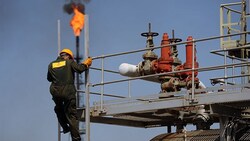
Iranian Oil Minister Javad Oji says the oil industry has brought the country over $43 billion of revenues in the previous Iranian calendar year (ended on March 20).
Oji made the remarks at a ceremony for signing a cooperation memorandum of understanding (MOU) between Oil Ministry and Tehran Municipality.
Based on the MOU, the two sides are going to cooperate in proposing innovative and knowledge-based solutions for managing and reducing fuel consumption in the transportation sector.
Speaking at the mentioned ceremony, Oji said if the country's fuel consumption is halved the revenues in this sector can be increased even to $150 billion a year.
According to the minister, nowadays the country’s gasoline and diesel refining capacity is close to the demand and consumption, so considering the upward trend of the demand for fuel, the investment capacity in this industry is increasing every day.
The official also put the country’s total natural gas production in the previous year at 850 million cubic meters, saying that due to high energy consumption, the country faced a deficit of 250 million cubic meters and therefore gas supply to industries was limited.
“Over $80 billion must be invested in the gas industry over eight years to increase the country’s production capacity to 1.4 billion cubic meters,” Oji said.
Mentioning some of the reasons for high gas consumption in the country, the minister said: “Many industries do not have optimal fuel consumption and their added value is low. The average efficiency of power plants in the country is 37 percent, while the average figure is about 48 percent in the world.”
He further put the country’s current gasoline consumption at 95 million liters per day, saying: "The price of gasoline in the world has now reached 90 cents per liter, so by saving more fuel and increasing exports, a large income will be made for the country."
The oil minister expressed hope that with the signing of this memorandum and by using the capacities and capabilities of knowledge-based companies, energy consumption will be reduced and this will lead to more income for the country.
Cooperation in formulating and implementing standards, national regulations, and comprehensive plans to reduce fuel consumption and environmental pollution, improving energy efficiency indicators in the fields of transportation, construction, and industry, supporting knowledge-based companies and start-ups, and promoting optimal consumption patterns are among the goals covered in the above-mentioned MOU.
Source: ICCIMA

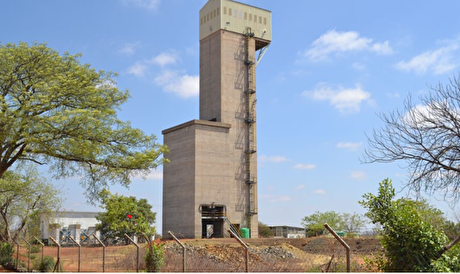
NexMetals receives EXIM letter for potential $150M loan

Lifezone Metals buys BHP’s stake in Kabanga, estimates $1.6B project value

China quietly issues 2025 rare earth quotas

Teck approves $2.4B expansion of Highland Valley Copper

Gold price eases after Trump downplays clash with Fed chair Powell
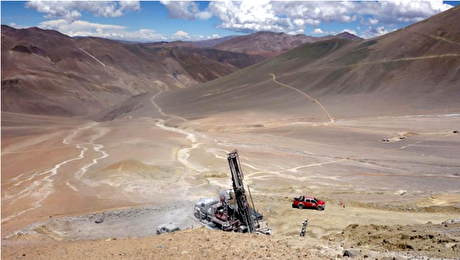
BHP, Lundin JV extends useful life of Argentina copper mine

BHP delays Jansen potash mine, blows budget by 30%

KoBold signs Congo deal to boost US mineral supply

Northern Dynasty extends losses as it seeks court resolution on Pebble project veto

Gold price could hit $4,000 by year-end, says Fidelity

Southern Copper expects turmoil from US-China trade war to hit copper

Ramaco Resources secures five year permit for Brook rare earth mine in Wyoming

Column: EU’s pledge for $250 billion of US energy imports is delusional

Finland reclaims mining crown as Canada loses ground

Gold price down 1% on strong US economic data
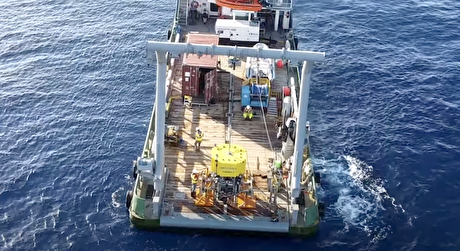
Trump’s deep-sea mining push defies treaties, stirs alarm
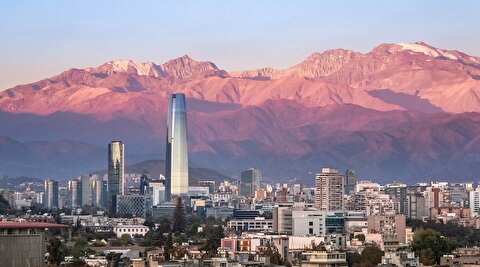
Chile’s 2025 vote puts mining sector’s future on the line

Gold price retreats to near 3-week low on US-EU trade deal

China’s lithium markets gripped by possible supply disruptions

Gold price could hit $4,000 by year-end, says Fidelity

Southern Copper expects turmoil from US-China trade war to hit copper

Ramaco Resources secures five year permit for Brook rare earth mine in Wyoming

Column: EU’s pledge for $250 billion of US energy imports is delusional

Gold price down 1% on strong US economic data

Trump’s deep-sea mining push defies treaties, stirs alarm

Chile’s 2025 vote puts mining sector’s future on the line

Gold price retreats to near 3-week low on US-EU trade deal

China’s lithium markets gripped by possible supply disruptions















